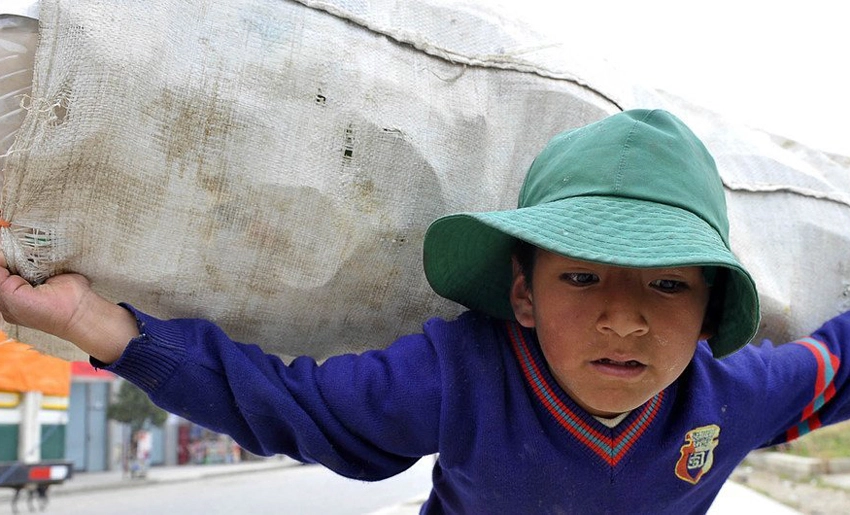Child labor represents one of the most heartbreaking and urgent realities of our time. Nearly 138 million children were working in 2024 and, of these, some 54 million were engaged in work that could endanger their health, safety and development, according to estimates published by the ILO and Unicef.
According to available data, the sectors employing the most child labor are: agriculture, with 61 percent, services (27) – which include domestic work and the sale of goods in markets – and industry (13), which includes mining and product manufacturing.
By region, Asia and the Pacific recorded the most significant decrease in the prevalence of child labor since 2020, with the rate dropping from six percent to three percent (from 49 million to 28 million children subjected to this practice).
Although this issue in Latin America and the Caribbean has remained stable over the past four years, the total number of children affected by this problem fell from eight to about seven million, the report noted.
The worst burden is still concentrated in Sub-Saharan Africa, where almost two-thirds of the child population (around 87 million) work.
Although prevalence has declined from 24 percent to 22 percent, the total number of children subjected to this practice has stagnated as a result of population growth, current and emerging conflicts, extreme poverty and overburdened social protection systems.
According to experts, child labor compromises children’s education, restricts their rights and limits their future opportunities, and exposes them to physical and psychological harm.
This practice is also a consequence of poverty and lack of access to quality education. All of which forces families to send their children to work and perpetuates cycles of intergenerational poverty.
The International Labour Organization and the United Nations Children’s Fund warn that it is more necessary than ever to increase and sustain funding, both globally and nationally, if the gains made in recent years are to be sustained.
If support for education, social protection and livelihoods is reduced, many families already in a vulnerable situation could be forced to live in extreme conditions and have to send their children to work, they detailed.
With information from Prensa Latina
Translated by Aliani Rojas Fernandez
- Installation of Photovoltaic Systems in Rural Communities in Holguin - 19 de January de 2026
- 39th City Salon Opens in Holguin - 19 de January de 2026
- Habanos Festival Among Cuba’s Most Important Tourism Events - 19 de January de 2026

